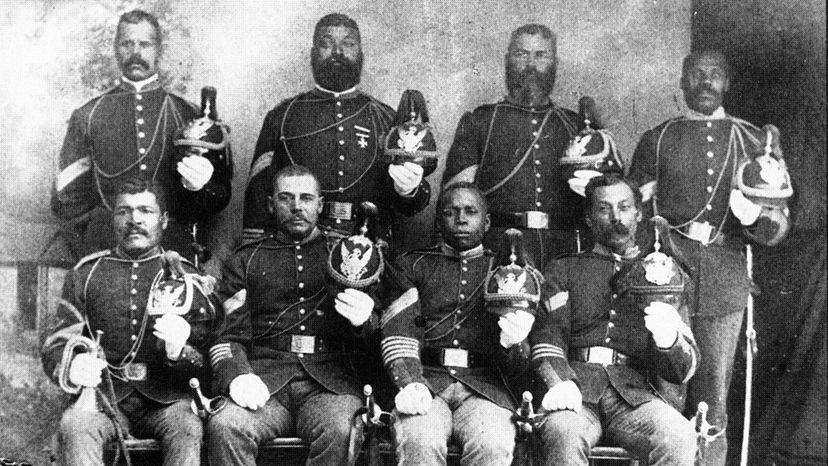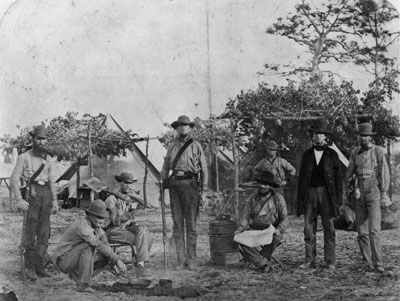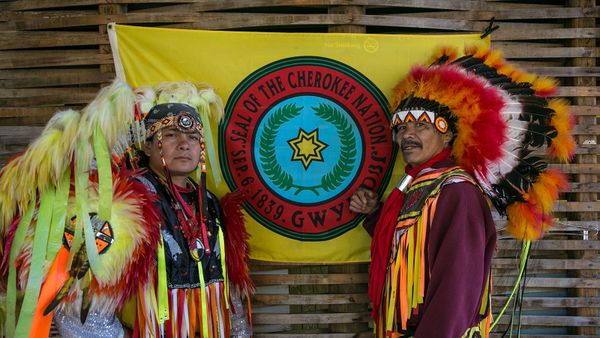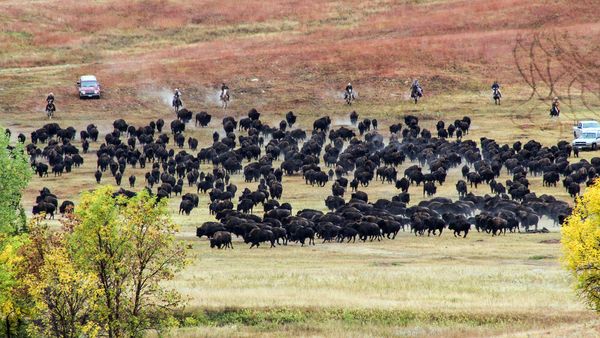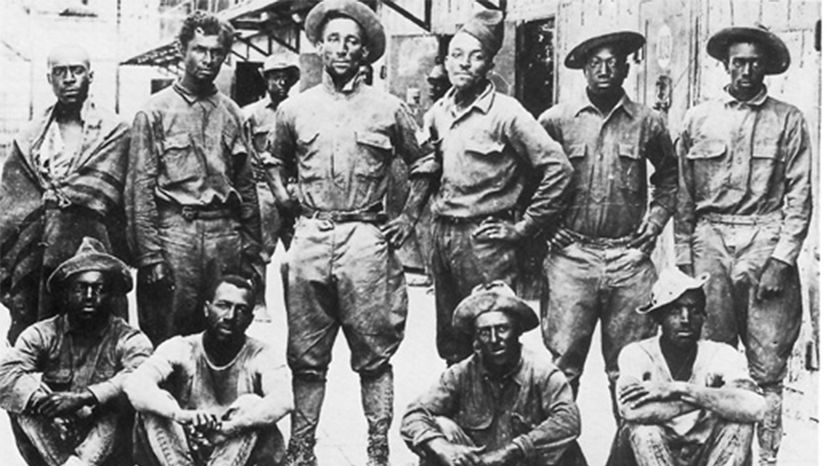
The legend of the Buffalo Soldiers, as is often the case with legend, doesn't always line up with historical record. What we may want to believe, what some historians may have led us to believe, certainly makes for a nice story: Brave young Black soldiers, recently freed from the shackles of the Civil War, face off against proud Native Americans in a grudging showdown of mutual respect and admiration.
Nice tale, sure. But that's not the way it went down at all. The Black soldiers, indeed, fought countless bloody battles with Native Americans in the years following the Civil War, during what historians now label the Indian Wars. But any link between the two groups most likely had less to do with respect and admiration than sheer, utter survival.
Advertisement
Still that period immediately post-Civil War was notable for a couple of reasons. One, it can accurately be pointed to as the birth of the Buffalo Soldiers, though the name "Buffalo Soldiers" didn't catch on for decades. And second, those years provided further proof that Black soldiers belonged in, and could excel in, the military.
"I'm a retired Army officer, so I've always seen the Army as a vehicle for Blacks to prove themselves and forward civil rights. The military has always been several steps ahead of civilian society [in that regard]," says Brian G. Shellum, now a historian and author. "I think it's been an important part of the Civil Rights movement. And I think the Civil Rights movement saw the Army as a vehicle for upward mobility."
Advertisement
